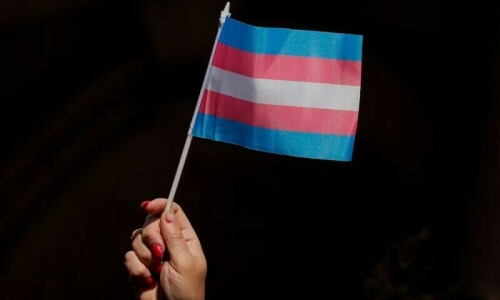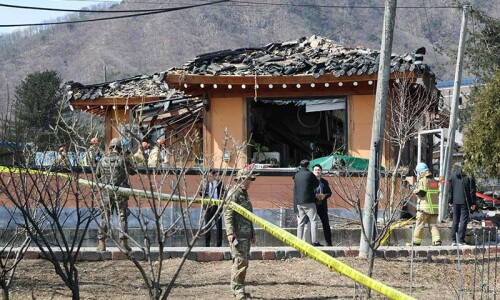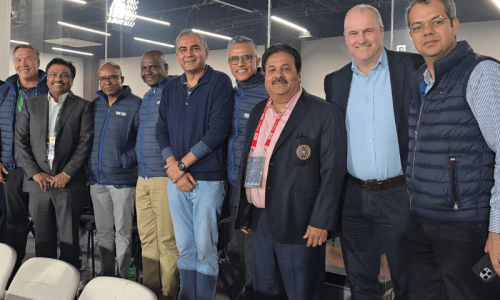ISLAMABAD: The Supreme Court was told on Monday that the government had converted an amount of Rs295 billion collected under the Gas Infrastructure Development Cess into general revenue of the state, except for a paltry sum spent on a gas project — the purpose for which the levy was originally imposed.
“They have mixed up the collection of funds with the general revenue of the state by putting the same in the federal consolidated funds,” observed senior counsel Makhdoom Ali Khan, who represented a number of CNG stations and spoke through a video link from the Supreme Court’s Karachi registry.
Out of the Rs295bn, a meager sum of Rs487 million was spent as equity injection for infrastructure development of the Turkmenistan-Afghanistan-Pakistan-India (TAPI) pipeline project through Messrs Inter-State Gas System, the counsel said.
The cess collected should be used for the infrastructure development of IP, TAPI, LNG or any other ancillary project, but none other than the objectives for which it was designed, the counsel argued. “So far the government report is silent about the spending on LPG projects.”
Makhdoom Ali Khan was arguing before a three-judge Supreme Court bench, headed by Justice Mushir Alam, which had taken up the federal government’s application regarding the Gas Infrastructure Development Cess (GIDC) Act 2015.
During the hearing, Justice Alam wondered what the impact would be of the colossal investments made by the countries with which Pakistan had signed agreements for collaboration.
“So far there is no special benefit or privilege to anyone out of this collection,” the counsel stressed.
The federal government also conceded before the apex court that no utilisation report could be placed before parliament as the matter had been sub judice since long.
A consolidated report on the utilisation of cess from 2016 to 2019 has been drafted and will be placed before parliament soon, the statement said.
Under Section 4 of the GIDC Act, the government is bound to furnish an annual report on utilisation of the cess before both houses of parliament three months after the close of a financial year.
On Nov 25 last year, the apex court had asked the federal government to inform it whether parliament was ever taken into confidence about the GIDC collection and if no such report was ever furnished, the government should explain why no such information was laid before parliament.
The government explained that due to lawsuits brought before different courts and the Supreme Court on the imposition of GIDC, a total of Rs420m had been pending on June 30 last year.
As far as the matter of circular debt was concerned, the government’s receivables in the shape of cost of gas and GIDC would be settled once the government resolved the issue of circular debt.
The report further stated that in the recent past, the government had issued the Sukuk Bond to clear a part of the circular debt. The government is considering issuing another round of Sukuk Bond worth Rs250bn to offload part of the circular debt.
The matter regarding GIDC gained prominence after the government promulgated a controversial ordinance which offered a grant of Rs210bn in financial amnesty to the fertiliser industry, IPPs, power generation companies, the K-Electric and the CNG sector.
Published in Dawn, February 11th, 2020














































